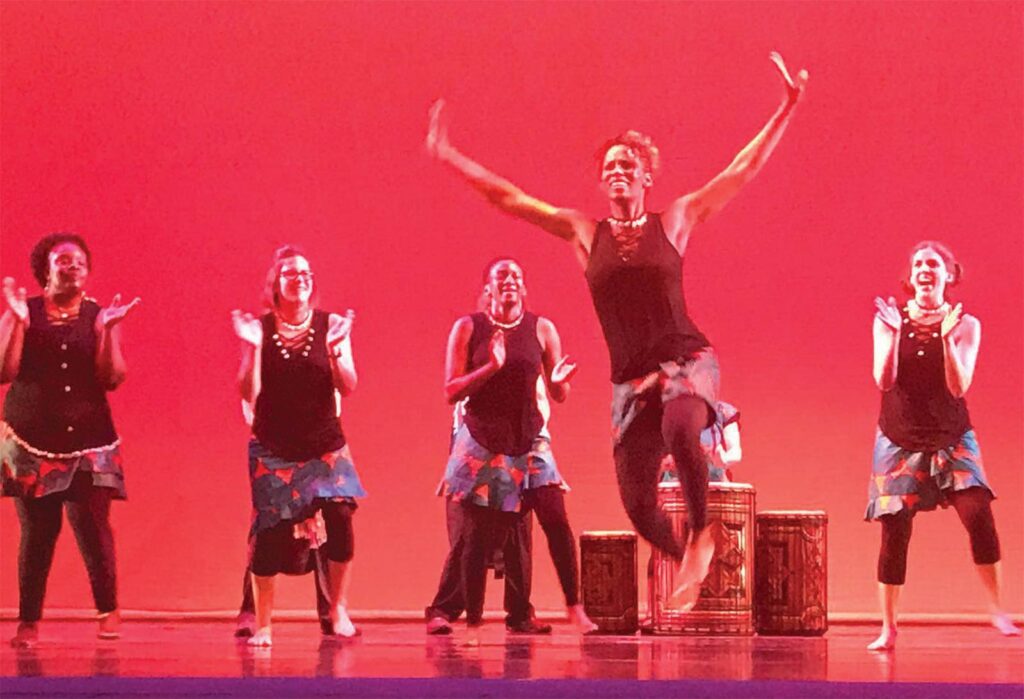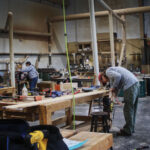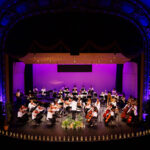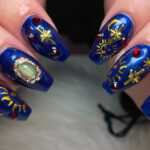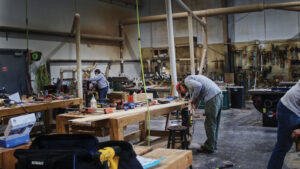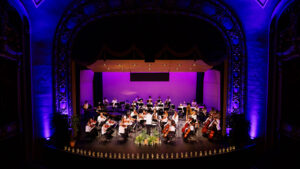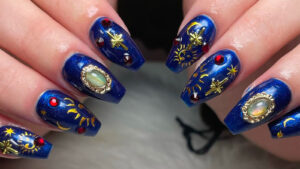Wontanara celebrates diversity by teaching African dance and percussion.
C
lass begins with the beat of the drums. The dancers begin to stretch and warm up, their feet bare against the floor as an instructor shares the history of the dance being taught that day, each having a different meaning and purpose to its choreography. The drumming starts again, a clear rhythm as each step is broken down and movements are added to the dance. As the class nears its close, the dancers form into a circle, individually performing in the daunting middle and letting their bodies flow with the pulse of the music. With a final slap of the drum, the class concludes.
With a diverse crew of dancers and percussionists, Wontanara is a community nonprofit that celebrates culture in Columbia by focusing on the performing arts of West Africa. The group hosts workshops and classes at local schools and puts on events like the African Dance Percussion Celebration, where master West African dance teachers come and perform from Guinea, Ghana, and Zimbabwe.
“We study West African dance and percussion and we love sharing it with our community,” Art Director Julie Staveley-O’Carroll says. “It brings us a lot of joy.”
Wontanara was created a little over two years ago, when Julie moved to Columbia from South Carolina for her husband’s job. Guinea dance was already a large part of her life for 20 years, and she didn’t want to give that up. “I said they have to have some kind of West African dance community, or I’m not going there,” she says, laughing.
Luckily, Julie found an inactive group that had Guinea ties and breathed new life into it, finding percussionists to help get it going again. The group was named Wontanara, after a Guinea phrase that means “we are one,” showing the nonprofit’s mission of community.
“There’s so much community in Guinea, and everybody really supports each other,” Julie explains. “I just love that concept.”
Wontanara also serves as an opportunity for those in Columbia to expand their cultural horizons. “I just think it’s so important,” Julie says. “I want people that live here to see it and experience it. It’s a fun way to learn about other cultures, and it’s just a great way to bring the community together for something positive.”
You don’t have to be a dancer to get involved. There are classes for beginners, events you could attend to learn more about the culture, or you could even volunteer to help out.
“It’s a positive and uplifting experience, dancing with everyone,” member Davina Eubanks says. “It’s something I look forward to.”
Julie herself wasn’t a performer before finding a passion for Guinea dance. As a language teacher, she always had an appreciation for other cultures, so she was amazed when she saw an African dance performance for the first time. Without any dance background, she started taking classes, immediately sparking a passion that resonated with her on a soul level.
“I just loved it,” she says. “I wasn’t very good at it, though I thought I was. But I had the passion for it to go on, and if you have that, you can accomplish pretty much anything.”
Now, Julie shares those feelings with others through Wontanara. “It takes me to another place when I hear the drums,” she explains. “The rhythm goes through my whole body, and I feel extremely present. And in the moment, I feel so much joy.”
